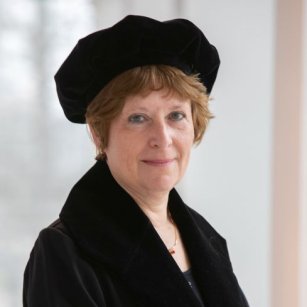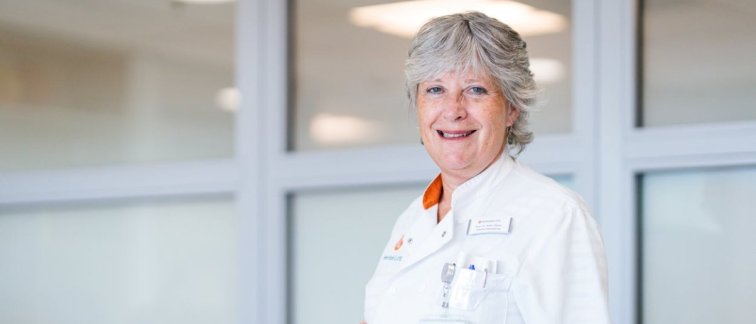Patients who were irradiated for (non-)Hodgkin lymphoma in their teens or as adolescents are much more likely later to have a heart attack, infertility and a second form of cancer in the previously treated area. That finding was the basis for the nationwide BETER-poli, a place for education, screening and care for patients declared cured 5 years or more ago. Internist-hematologist Josée Zijlstra was one of the founders of the BETER-poli at Amsterdam UMC in 2013. Together with colleagues from the Antoni van Leeuwenhoek, where many Hodgkin patients were irradiated in the past.

Now, 11 years later, the care of this special outpatient clinic is being outsourced. Instead of at the Amsterdam UMC Cancer Center Amsterdam, patients are now welcome at the Flevo Hospital in Almere. “We offer fairly protocol-based care with the BETER-poli, which doesn't really fit entirely within an academic profile,” Zijlstra explains. “When we were short of staff and space and the Flevo Hospital showed interest in the BETER-poli, the question arose, 'Why don't we work together?' We already do that in many areas with hospitals in our region and this was another great opportunity.”
Hard work
“Such an outsourcing and transfer takes time and energy,” Zijlstra explains. “We started by informing and enthusing the specialists involved from hematology, radiology, cardiology, gynecology, radiotherapy and endocrinology. Then we shared all files and protocols with the involved outpatients at Flevo Hospital. We remain involved after the transfer: there are still a number of scientific studies that we have set up and we have the Biobank for future research. In addition, we continue to evaluate the effect of the BETER-poli for patients; more attention to, and quicker diagnosis of, late effects should naturally lead to faster treatment with a better outcome.”
The bigger picture
So patients receive the same screening and the same care at Flevo Hospital. Yet the relocation of the outpatient clinic is sometimes difficult to explain to patients, Zijlstra notes. “A patient thinks: 'what's in it for me?' They just want a familiar face in a familiar place. But ultimately our goal is to provide very focused and multidisciplinary care and we noticed that we had a limit to this in terms of manpower and space. By outsourcing the BETER-poli, we combine our specialist knowledge, we can help patients faster and that ultimately results in better care. I try to bring patients into that larger perspective”.
Photography: David Meulenbeld

